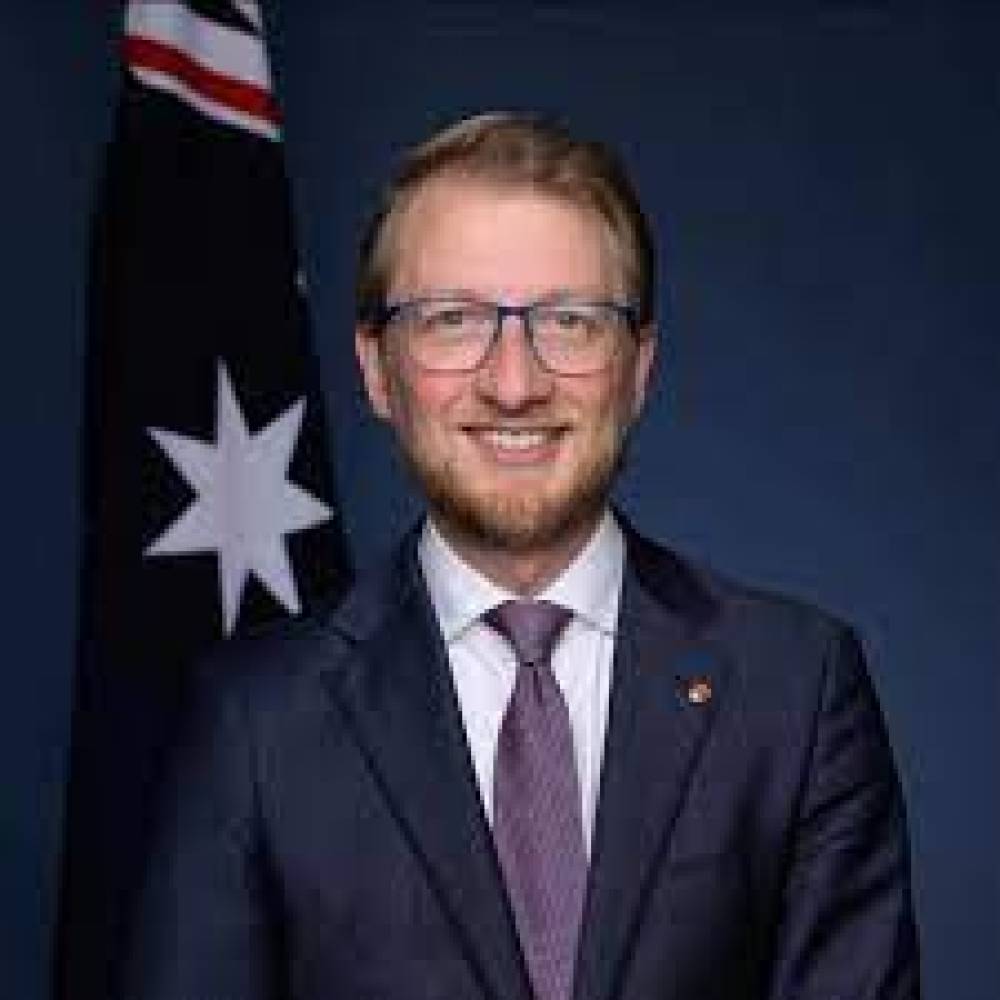
In a robust interview on ABC’s Afternoon Briefing, Shadow Home Affairs Minister and Coalition campaign spokesman Senator James Paterson outlined the Opposition’s controversial new energy policy while responding to concerns over its effectiveness and long-term impact.
Senator Paterson defended the Coalition's plan to reduce household gas and electricity prices by redirecting gas destined for export into the domestic market. Citing independent modelling by Frontier Economics, he claimed household electricity bills would drop by 3% and gas bills by 7%, with industry gas prices expected to fall by up to 15%.
"We’re decoupling the Australian gas market from the international market,” Paterson said, noting the volatility of global prices driven by events such as the Ukraine war. “We want to drive gas back into the domestic market... The benefits will start to flow, but they won’t all come straight away.”
Pressed by ABC host Patricia Karvelas on the timeline and scale of those benefits, Paterson admitted price relief wouldn't be instant, but argued that stopping further price hikes is itself a major win. “People will be glad prices stop rising. Under Labor, gas is up 34%, electricity up 32%. We can reverse that trend.”
Karvelas challenged the Coalition’s claims, pointing to independent estimates suggesting the average household would save only around $50 per year—approximately $1 a week. Paterson defended the modest figure, contrasting it with broader cost-of-living pressures and highlighting the Coalition’s proposed petrol tax relief, which he claimed could deliver up to $30 a week for some families.
The policy has drawn unusual praise from both left-wing think tanks and traditionally conservative quarters, sparking debate over whether the Coalition’s approach marks a shift toward economic interventionism.
“Good policy earns support across the spectrum,” said Paterson. “We’re putting Australians first—making sure our gas benefits our own households and businesses before it's shipped overseas.”
He dismissed suggestions that the Coalition would bow to pressure from powerful gas exporters, saying, “We are utterly determined to implement this policy, whatever criticism might come from gas companies. They’re the least of my concerns.”
The conversation also turned to escalating trade tensions with the United States following remarks from former President Donald Trump and his trade advisor suggesting new tariffs on Australian pharmaceutical imports. Paterson called the comments “concerning and unjustified,” stressing the value of the Australia-U.S. free trade agreement and urging Washington to reconsider.
“We’re a reliable trade and security partner. The U.S. has run a trade surplus with us for decades. These tariffs do not reflect that relationship,” he said.
As the federal election looms, energy and economic security have emerged as key battleground issues. With both major parties offering different visions for Australia's energy future, voters now face stark choices on cost-of-living relief, gas market reform, and the nation's global trade standing.